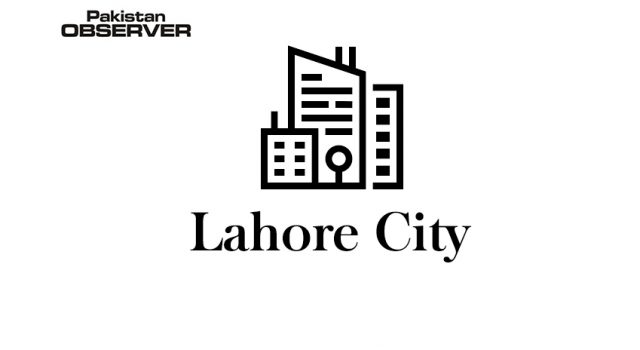The Department of Gastroenterology & Hepatology at The Children’s Hospital, a Center of Excellence (COE) for the treatment of Lysosomal Storage Disorders (LSD), collaborated with Sanofi Pakistan to bring to Pakistan renowned international experts to address the rising incidence of LSDs in Pakistan and the way forward.
Addressing a press conference, the panel explained what LSDs were and elaborated the treatment options, especially in curable rare diseases.
Speaking on the occasion, Prof Huma Arshad Cheema, Head, Department of Gastroenterology & Hepatology, said, “LSDs are a group of rare inherited metabolic disorders. Children born of marriages within the family are at risk of these genetic diseases. According to the registry of the Children’s Hospital, around 300 LSD patients have been diagnosed in the short span of 6 years but due to their critical condition almost a third of these patients lost their lives. 18 are currently on the charitable programme of Sanofi Genzyme while some others are supported by other international charitable organisations. Despite this, 32 children have died in the last 12 months due to lack of treatment.”
The panel lauded the ongoing efforts of Sanofi Genzyme and the Punjab government to provide relief to children suffering from LSDs but emphasised the need to address the primary issue of a lack of mechanism, policy or dedicated budget to fund therapy.
Currently, the Punjab government was funding the treatment of 23 patients; 2 patients were being funded by Sindh, 3 by the armed forces and 4 by private philanthropists.
Dr Huma Cheema appreciated the Punjab government for supporting the treatment of 23 patients on an ad-hoc basis while urging the government to consider the development of a policy with a dedicated budget.
For over 15 years, Sanofi Genzyme has been providing free of cost treatment to 18 LSD patients in Pakistan under its “Charitable Access Programme” amounting to over Rs 300 million every year. Since 2013, Sanofi Genzyme has also been providing free-of-cost diagnostic support.
Tanya Collin-Histed, CEO, International Gaucher Alliance, UK, said, “The majority of LSD patients diagnosed in Pakistan are of Gaucher disease. The pathway to progress for patients and their families is through collaborative working by all stakeholders with the eventual aim of building an inclusive, sustainable health ecosystem.” The press conference concluded with a plea from the experts for a rare disease policy, similar to Egypt.
The panel included Prof Huma Arshad Cheema Head, Department of Gastroenterology & Hepatology, Children’s Hospital, Lahore, Prof Timothy Cox, Director of Research, Consultant Internal Medicine, Emeritus Professor of Medicine, University of Cambridge, UK, Tanya Collin-Histed, Chief Executive Officer, International Gaucher Alliance (IGA), UK, Atif Qureshi, President, Lysosomal Storage Disorders (LSD) Society, Pakistan, Laila Khan, Director, External Affairs, Sanofi-Aventis Pakistan Limited.









